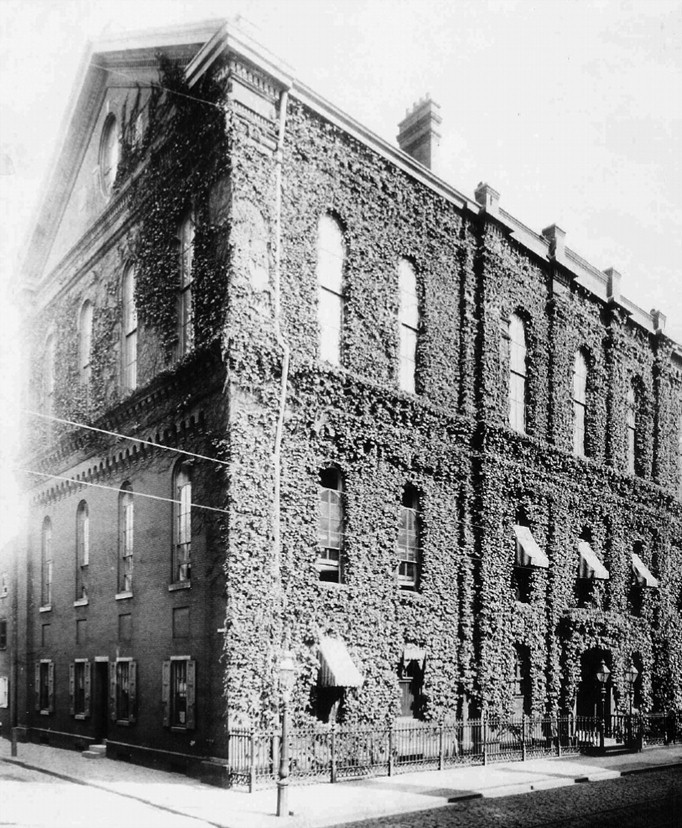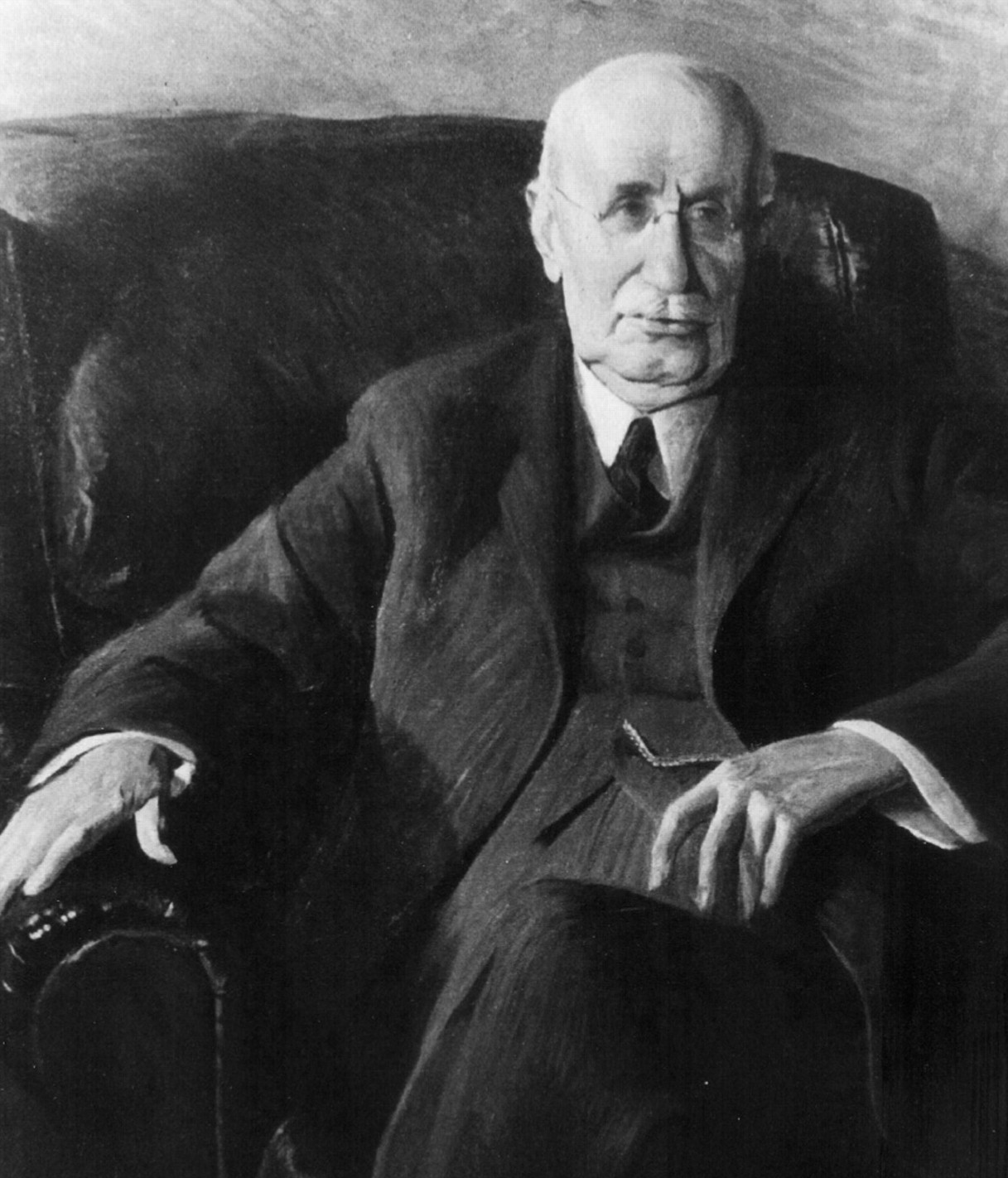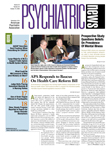The Philadelphia Psychiatric Society (PPS) is wrapping up a year's worth of events to mark its birth in Philadelphia 100 years ago. A PPS history committee was formed to preserve and learn more about the organization's earliest history. Now members are looking forward—to next month's year-ending celebration.
“To do justice to this milestone, we have arranged for a very special evening to take place in the context of our annual event—the Benjamin Rush Awards Night, on November 14,” PPS President Hope Selarnick, M.D., told Psychiatric News. “Local psychiatrists who are the rich fabric, tradition, and history of our society will be featured, and a proclamation from our governor [Edward Rendell] will be presented.”
PPS operated as an autonomous body for years following its founding on January 11, 1909. Now, as a chapter of the Pennsylvania Psychiatric Society—a district branch of APA—it also draws members from the Philadelphia suburbs in nearby Chester, Delaware, Montgomery, and Bucks counties. The state society has more than 1,700 members, PPS immediate past President Jeffrey Naser, M.D., told Psychiatric News. “As a chapter, [PPS] represents almost 1,000 members.”
Beyond venerable age, PPS has location, location, location. Philadelphia, America's cradle of liberty, is where some of the earliest seeds of organized psychiatry—indeed the pursuit of medicine—were sown in this country.
“Our history,” said Naser, “is intertwined with such organizations as the College of Physicians of Philadelphia [the oldest professional medical organization in the United States] and the Institute of Pennsylvania Hospital.”
Pennsylvania Hospital, considered the oldest in the country, was cofounded in 1751 by Benjamin Franklin. Benjamin Rush, M.D., considered the father of American psychiatry, was a Pennsylvanian and also a signer of the Declaration of Independence. Rush “walked the halls of Pennsylvania Hospital from 1783 to 1813,” according to historic accounts, as well as those at the College of Philadelphia, the precursor of the University of Pennsylvania School of Medicine, founded in 1765.
Meanwhile, in 1841 Pennsylvania Hospital—which had been caring for mentally ill individuals since 1752—“opened a mental hospital division on a farm a few miles away,” explained Edward Leonard Jr., M.D., a former president of PPS. The facility was named the Pennsylvania Hospital for the Insane. “Its first superintendent was Thomas Kirkbride, M.D.,” recounted Leonard. “Three years later in Philadelphia, he was one of the 13 founders of the forerunner of APA, the Association of Medical Superintendents of American Institutions for the Insane. His facility became known as the Institute of the Pennsylvania Hospital in 1959.”
“That the chapter has been around for over 100 years and is in the birthplace of organized psychiatry is quite ... special,” Deborah Shoemaker, the executive director of PPS, told Psychiatric News. Today, she added, “five residency programs are housed within the city [at Temple University, Thomas Jefferson University, University of Pennsylvania, Albert Einstein Medical Center, and Drexel University], which allows for the cultivation of future leaders.”
Women were among PPS's founding members. In terms of leadership, the first woman president of PPS, Margaret DeRonde, M.D., became so in 1954. Since then, seven women have served as PPS president.
PPS members, past and present, “have consisted of notable pioneers in psychiatry,” observed Paul Jay Fink, M.D., a former president of PPS, APA, and the American College of Psychiatrists. Psychiatric study and care have flourished, he said, “because of the number of medical schools, the number of people who were chairing departments and who were good researchers, and a significant number of outstanding practicing psychiatrists.”
Among PPS's groundbreakers were Kenneth Appel, M.D., and Edward Strecker, M.D., of the Institute of the Pennsylvania Hospital and O. Spurgeon English, M.D., and Edward Weiss, M.D., of Temple University. Modern-day notables include Albert Stunkard, M.D., emeritus director and founder of the Weight and Eating Disorders Program that carries his name at the University of Pennsylvania; and Aaron Beck, M.D., emeritus professor in the Department of Psychiatry at the University of Pennsylvania and president of the Bala Cynwyd, Pa., institute that carries his name.
The Benjamin Rush Awards Reception and Benefit will be held November 14 from 6 p.m. to 9 p.m. at the College of Physicians of Philadelphia, 19 South 22nd Street, Philadelphia. The cost is $100 per person and $50 for psychiatry residents. Ticket and registration information is posted at<www.philadelphiapsychiatricsociety.org>. Nonmembers of PPS should click on the “nonmembers” link,“ coming events,” and then the registration link for the dinner; or call (800) 422-2900. ▪


